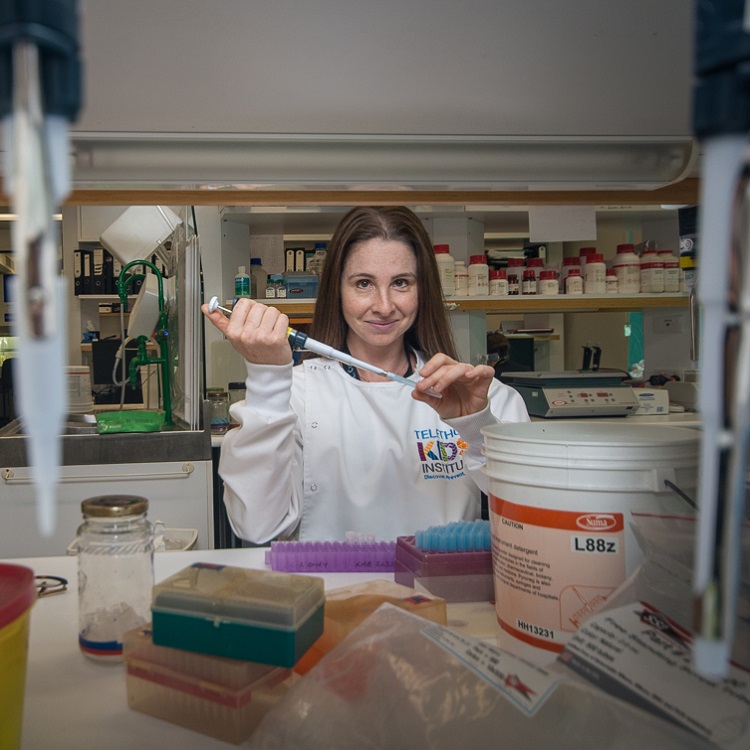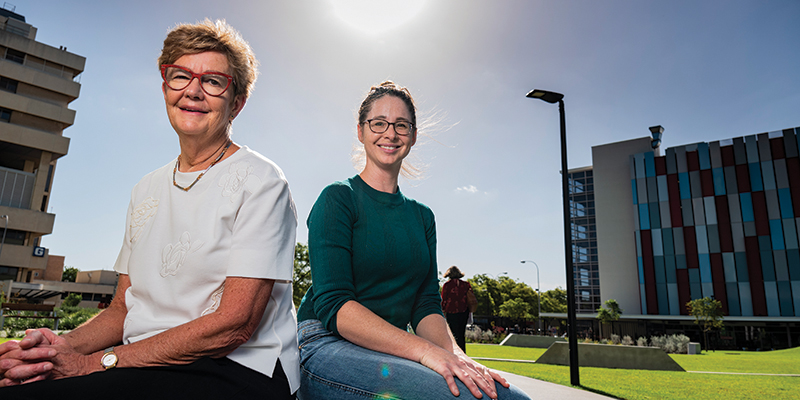Search
Research
Vitamin D and SunlightIn a sunny country such as Australia, it’s important to identify how to achieve the right amount of sun exposure for good health. We need to be able to harness the benefits of vitamin D and sunlight while remaining protected from the proven dangers of too much UV radiation.
Research
Relationship between group B Streptococcal rectovaginal colonization and Vitamin D deficiency in pregnant womenVitamin D has been recognized to have a significant impact on modulating immune response in the host body. The relationship between deficiency of Vitamin D and rectovaginal colonization with Group B Streptococcus (GBS) in pregnant women is still not well understood.
Research
Beneficial health effects of ultraviolet radiation: expert review and conference reportCarcinogenic effects of ultraviolet radiation (UVR) with reference to skin cancer are the basis of widely implemented recommendations to avoid sun exposure. Whether the benefits of "restrictive sun policies" outweigh their potential harms due to diminished beneficial effects of sunlight exposure remain a matter of controversy.

News & Events
Government funding for innovative sun safety online tool for teensThe Kids researcher Dr Shelley Gorman has received a Healthway grant to develop an online tool to promote safe sun behaviours to teenagers.

News & Events
Let the sun shine inFor decades Aussies have been told to minimise sun exposure to prevent skin cancer - now researchers at Telethon Kids are challenging that message.

News & Events
Sunny outlook for allergy-prone bubFelix was one of 195 children to take part in Dr Debbie Palmer’s research into sunlight exposure, vitamin D and eczema.
News & Events
Research symposium to hear how sunscreens proved no threat to vitamin D production in recent European studyLeading international and national experts will gather at The Kids Research Institute Australia on Friday for a D-Light Research Symposium.

News & Events
Vitamin D linked to healthy Fetal developmentThe important role of vitamin D in early development is the focus of research that has uncovered links between vitamin D levels and healthy growth of the baby d

News & Events
Sunlight link to obesity and diabetesResearchers from The Kids Research Institute Australia and Harry Perkins Institute of Medical Research have found that small regular doses of sunlight suppress the develo
News & Events
Vitamin D link to depression in mothersResearch by The Kids Research Institute Australia shows a link between low vitamin D during pregnancy and post-natal depression.
